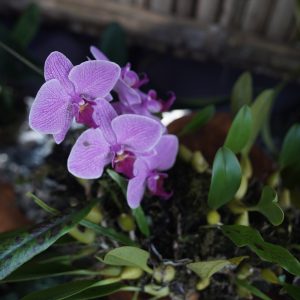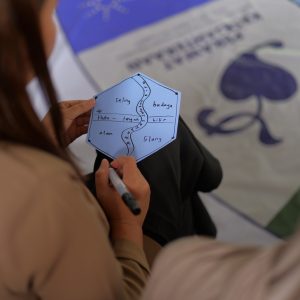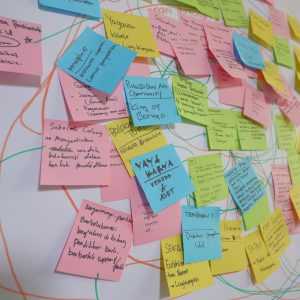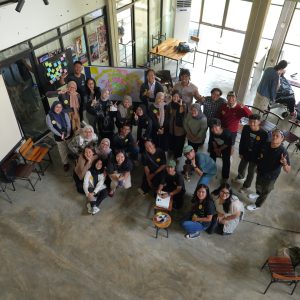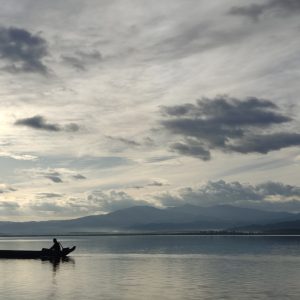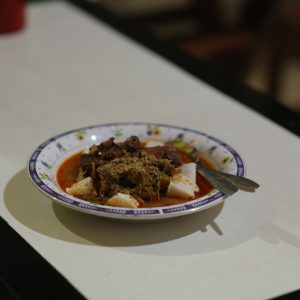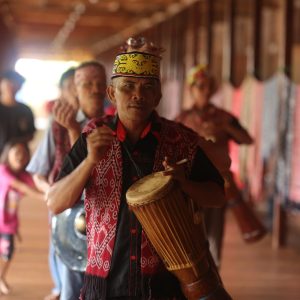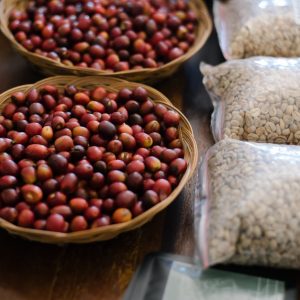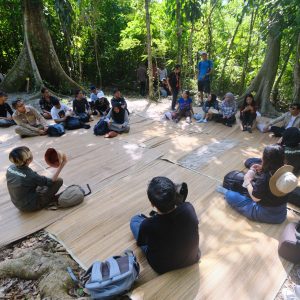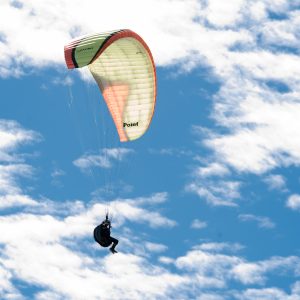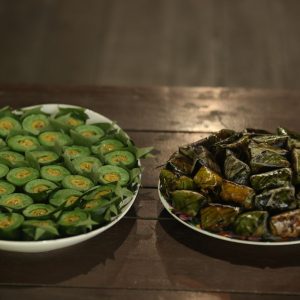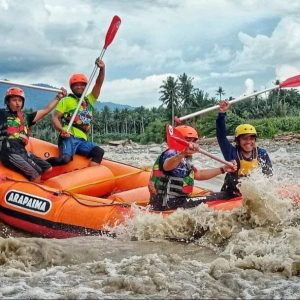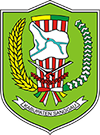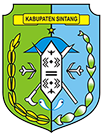Amid the looming environmental crises around the world, the Dayak Desa indigenous villagers of Sintang, West Kalimantan, offer a new hope for nature and culture conservation through sustainable ecotourism. Sintang shows that development that sides with the environment and culture isn’t a utopia; it’s a realizable future through a restorative economy approach.
Data from ASEAN in 2022 reveals that Southeast Asian regions have lost around 30% of their total area to agricultural land conversion, which covers 1.3 million km2 from a total of 4.3 million km2. It has impacted the 5,678 species in the regions to the brink of extinction, with 25 already extinct and 1,156 in critical condition.
These changes have directly impacted how local indigenous communities protect nature in their lives. Those who have managed forests for a long time using their local wisdom are facing tremendous challenges in maintaining their traditions. Plants that were once sources of food and medicine are now more difficult to find, forcing people to adapt to a more modern and instant consumption mode.
The question of environmental restoration thus becomes a truly urgent key to safeguarding the cultural identity of an indigenous community. An awareness of the danger of natural degradation must be strengthened to prevent the natural ecosystem from eroding the cultural identity passed down from one generation to the next.
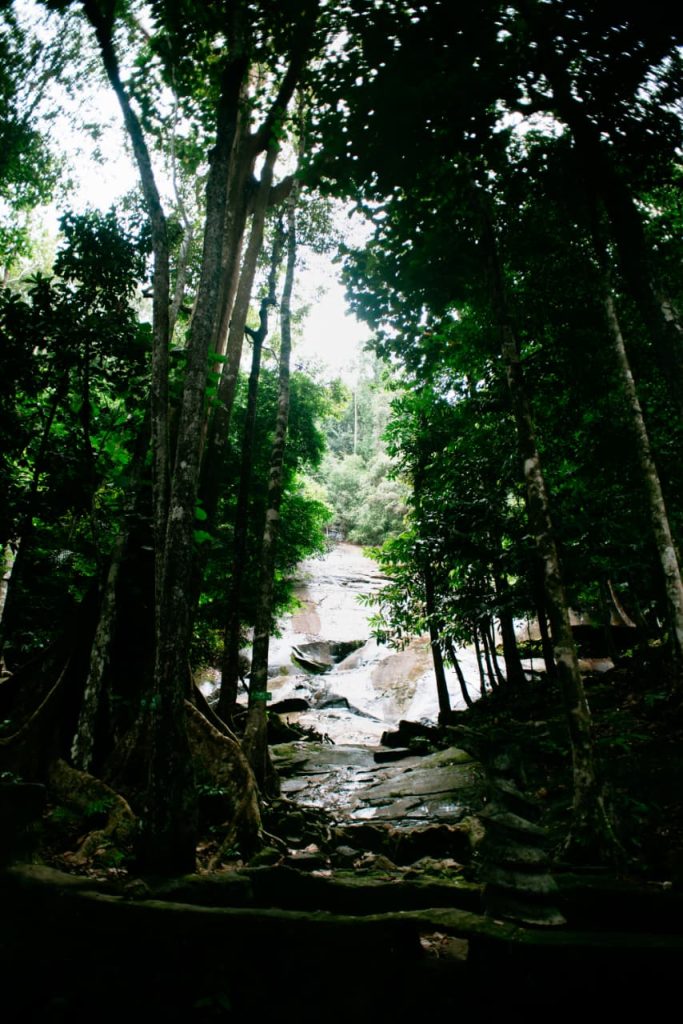
Exploring the Meaning of the Dayak Desa Tradition through Nature and Culture Tourism
Considering the increasing urgency of environmental challenges, it is crucial to raise public awareness and strengthen the role of young people. Recognizing this, Lingkar Temu Kabupaten Lestari (LKTL) has launched ExploNation, a program as part of the build-up to Festival Lestari 2026, along with two youth centers in Sintang and Sanggau, West Kalimantan. ExploNation invited content creators to explore deeply the natural and cultural richness while highlighting the relationship between local culture and the efforts of natural conservation. For the first series, ExploNation has worked with three content creators and youth communities in Sanggau and Sintang to have a closer look at the restoration practices of indigenous communities in Sintang, West Kalimantan.
Two of the three Indonesian content creators involved in the ExploNation in Sintang are Febrian (@_febrian), a travel blogger known for his records of Indonesian beautiful tradition and culture through authentic photos and videos, and Abex (@anak_bebek), a storyteller who shares unique experiences based on his expeditions in exploring Indonesia’s nature and communities. During this trip, both were welcomed to explore the beauty of ecotourism closely linked with the cultural wealth of Sintang, and to understand the indigenous communities’ lifestyle immersed in nature, including their tradition and rites. For three days of Sintang exploration, 14 young people from the regencies of Sanggau, Sintang, and Kapuas Hulu traveled with them.
“The Dayak Desa culture is one with nature, which is reflected in their life we saw in Sintang, from the temoi dance that embodies respect for nature, which was performed to welcome us, the Rumah Betang architecture, such as tange and ruai, which are based on natural materials, all the way to natural dye for the tenun motifs, which is based on betel leaf or fern tip from their forest,” says Abex.
During their visit to the village of Ensaid Panjang, Abex and Febrian had the opportunity to explore Rimba Gupung—a forest area managed by the indigenous communities to supply food reserves, medicine, water resources, and natural dye for tenun cloth. Rimba Gupung is protected by the regional government based on the Regency Decree No. 122 2021, becoming a source of income for the indigenous people as it meets their daily needs and simultaneously represents a sustainable ecosystem.
Febrian explains, “The Rimba Gupung exploration provides an insight into how the people carry out the communal management. Not only do they take materials for dye, but they also maintain the ecosystem balance for productivity. This approach has served to enhance the quality of life for the people, especially mothers in the surrounding area, becoming a foundation of well-being for the Dayak Desa villagers.“
In Ensaid Panjang, they stayed at rumah betang—a typical Dayak house, which is an elongated building that houses rooms for heads of families. The oral tradition called Tutur Bedudu remains alive in rumah betang—a lamentation of thematic poetry sung according to contextual functions and full of reflections of daily life. That night, two vocalists performed Tutur Bedudu before the ExploNation’s participants, expressing in lyric how they respect nature as a “mother” that protects human lives, emphasizing the importance of nature conservation for the well-being and survival of the next generations.
The Sintang ikat cloth also stole the show with its detailed motifs and the use of natural dye. During their visit to Rumah Belajar Kain Panjang, both content creators and the young participants watched how female tenun weavers meticulously selected and processed various kinds of leaves, roots, and barks to produce a rich, natural palette of colors. It is an authentic and sustainable local knowledge, starting from how to identify the appropriate plant to how to extract colors, handed down from one generation to the next, which becomes a source of economic income for the people in Sintang.
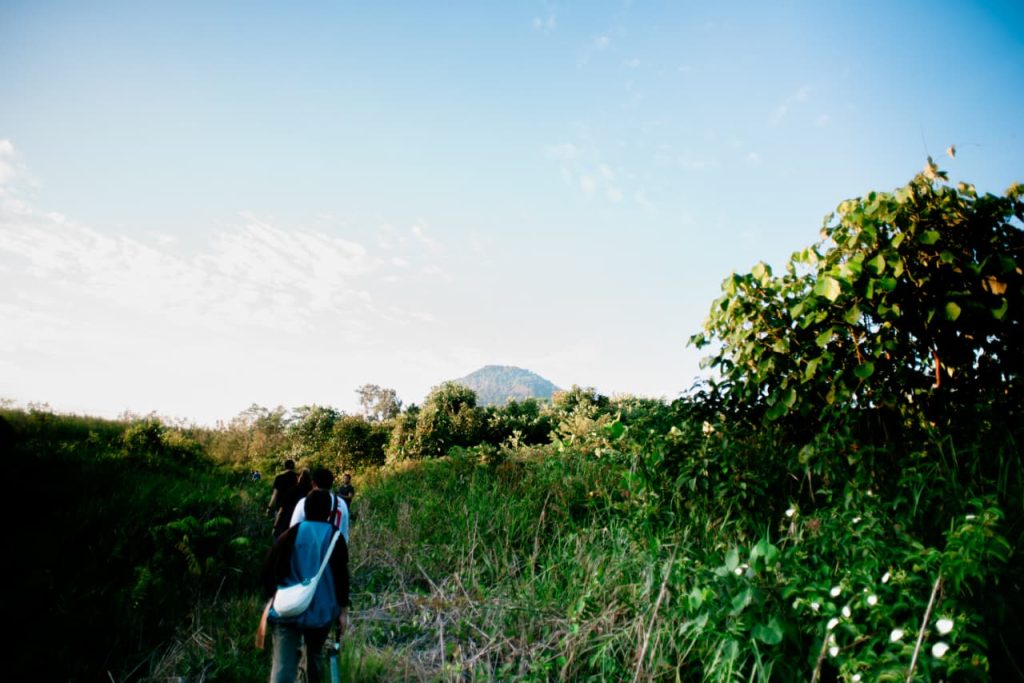
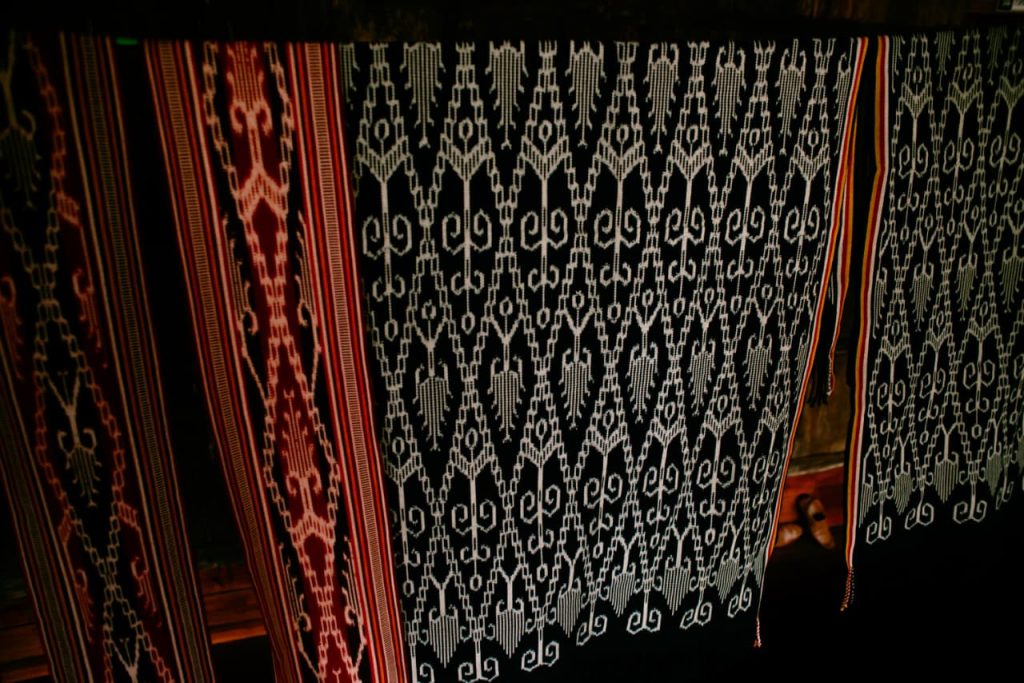
Nurturing Hope, Caring for the Culture for A Sustainable Future
Not only exploration activities, but discussions with local stakeholders also became the program’s highlights to emphasize the importance of nature conservation in preventing deeper cultural and social shifts, which have been a key focus of ExploNation trips. It involved a discussion with the Canopy Foundation through the screening of Bekana: Penutur Terakhir (Bekana: The Last Speaker), which conveys important messages regarding nature conservation and the Dayak Desa culture before all is too late.
Recognizing its importance, the content creators held a workshop for 14 young participants, honing their skills in documenting and telling West Kalimantan’s culture and traditions through compelling social media content. This initiative aims to drive a collective movement across the regencies and instill a lasting respect for nature conservation, ensuring a sustainable future.
“Environmental restoration is an urgent measure to respond to our conditions today. Conserving culture and increasing people’s welfare is an essential part of restorative economics that’s based on the wealth of Indonesian nature and culture. Of all the places in Indonesia that I’ve visited and documented, each of them makes me realize how important it is to conserve and safeguard nature to enhance a sustainable economy, such as through ecotourism development,” says Febrian.
Indeed, the tourism sector of West Kalimantan has great potential in increasing regional income. In 2024, the province recorded 8.1 million domestic tourists and 73 thousand foreign tourists who visited the region, a significant increase compared to the previous year, amounting to a 73.33% rise.
The Head of Youth Department at the Sport and Youth Agency of Sintang, H. Sumardi, S.Sos, M.Si, remarks, “We have full support for initiatives such as ExploNation as a collaborative platform between young people and content creators to elevate good stories from Sintang, especially about how the people take care of their environment through ecotourism efforts. This is an opportunity to develop nature- and culture-based tourism, which follows the local wisdom of the people sustained from generation to generation.”
Aligning with the regional government’s commitment, Abex’s participation in ExploNation instilled a strong urgency in him to advocate publicly for the importance of the conservation of nature and culture.
He says, “This trip has made me realize that there’s no planet B. If our nature is broken, we will have no place to stand on, as human beings absolutely depend on nature to survive. We can return to nature, utilize its bounty without greed, and start a restoration by teaching the young generation that nature is our home and source of life that may never disappear.”
The goal of ExploNation is to be a platform for the youth in the region to become local storytellers of various initiatives from the people in West Kalimantan, a part of the restorative economy approach that drives sustainable development in the region—by restoring nature, nurturing culture, and developing culture-based ecotourism to conserve natural resources and preserve the indigenous communities’ identity.

